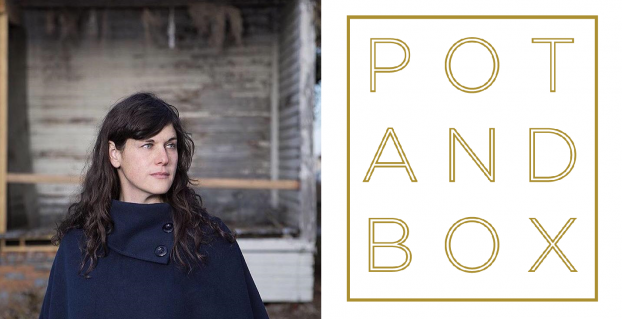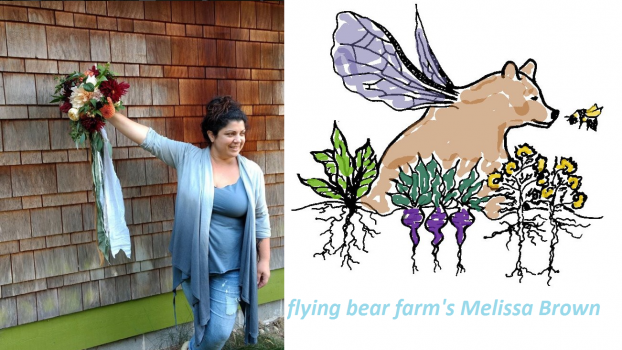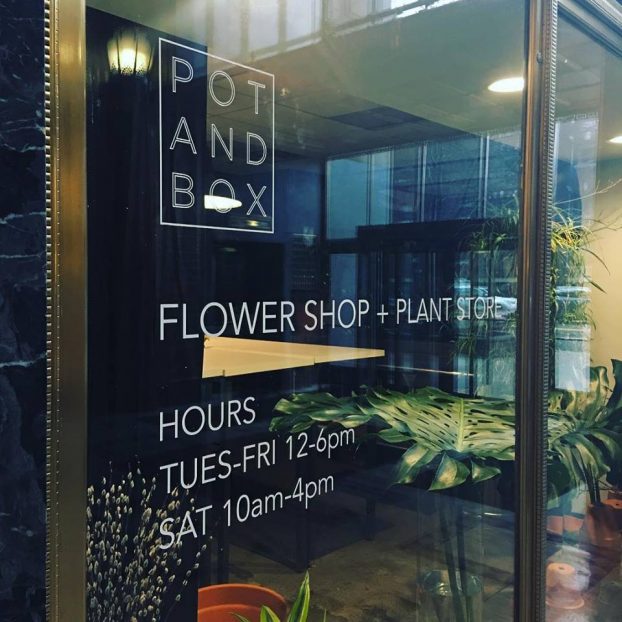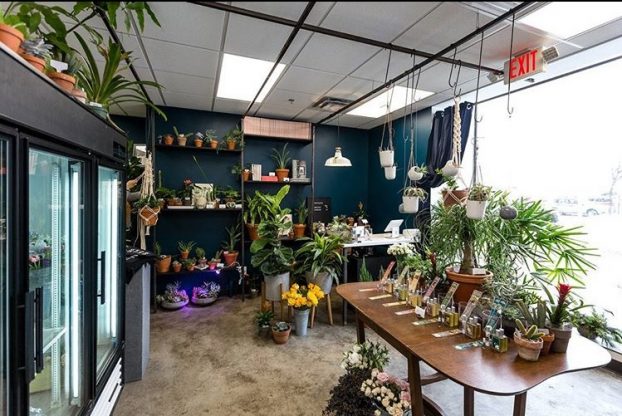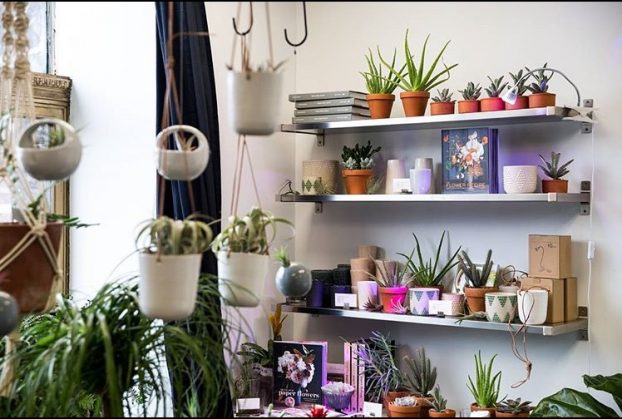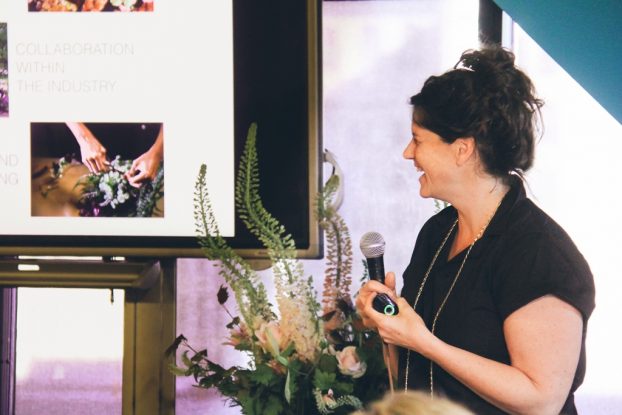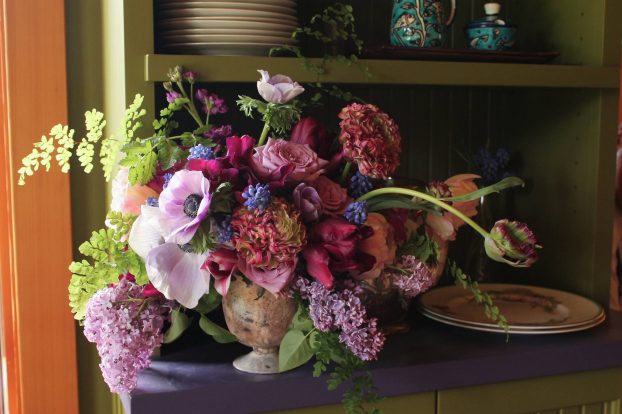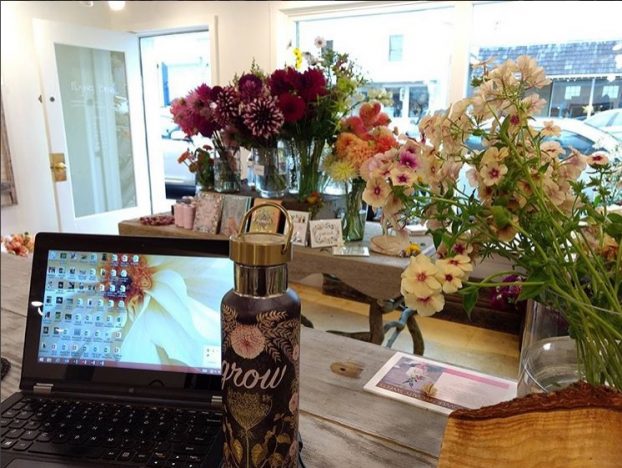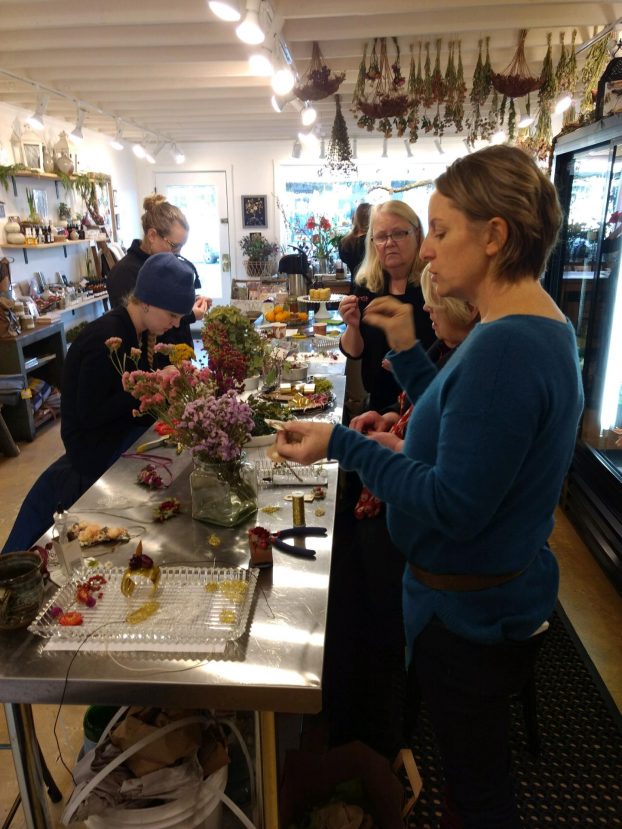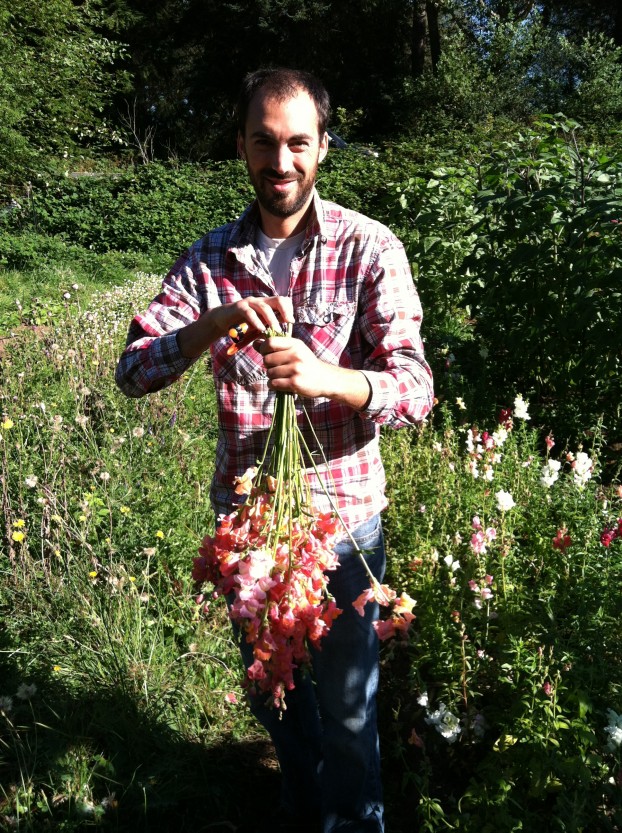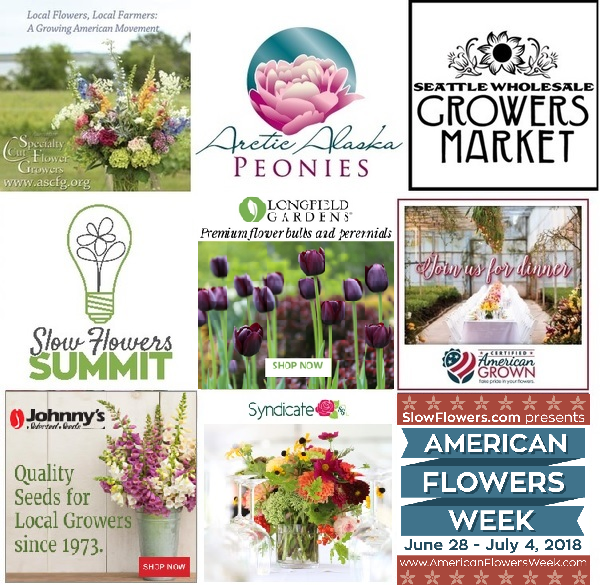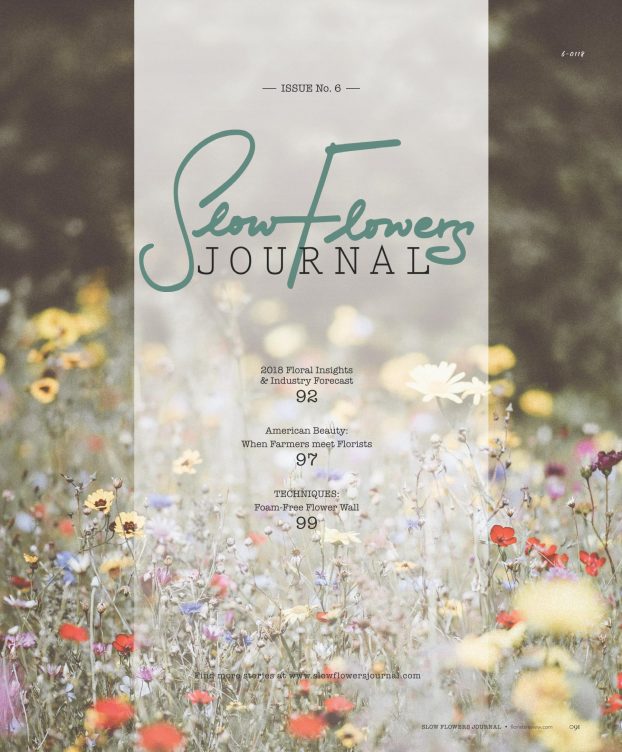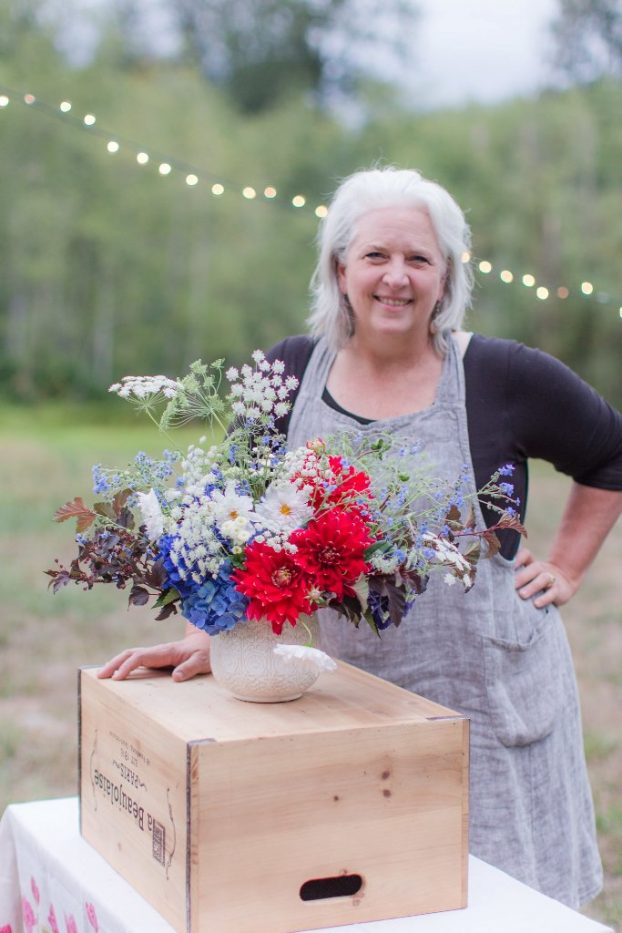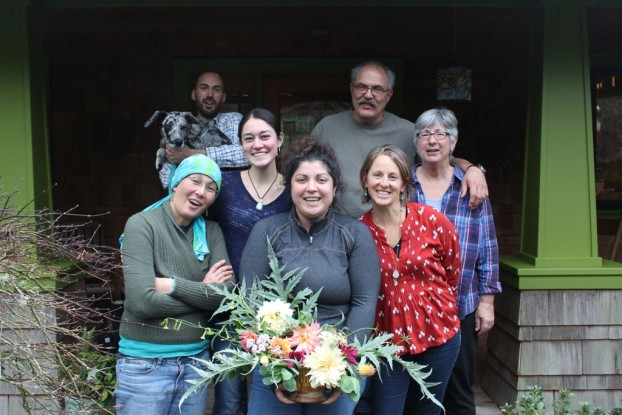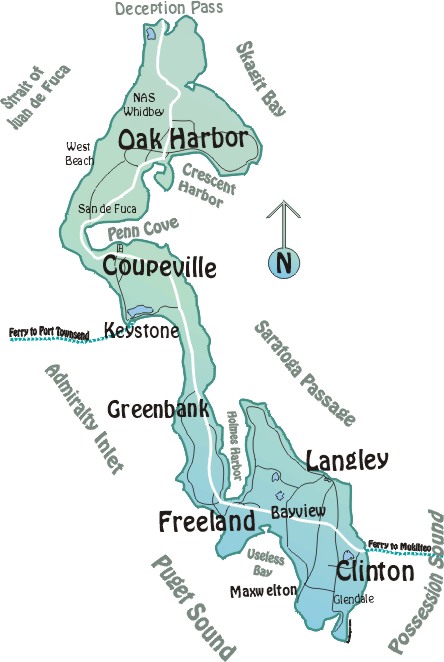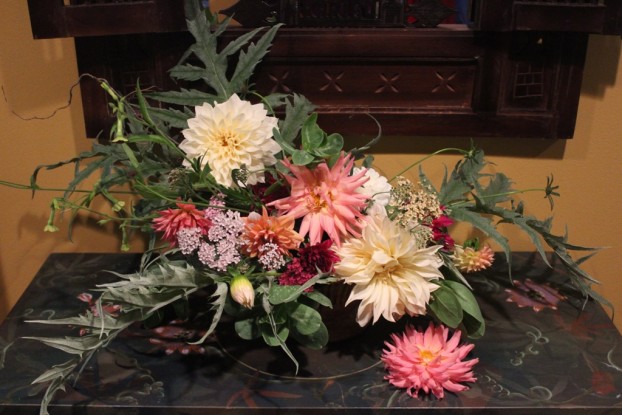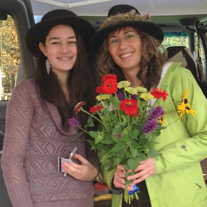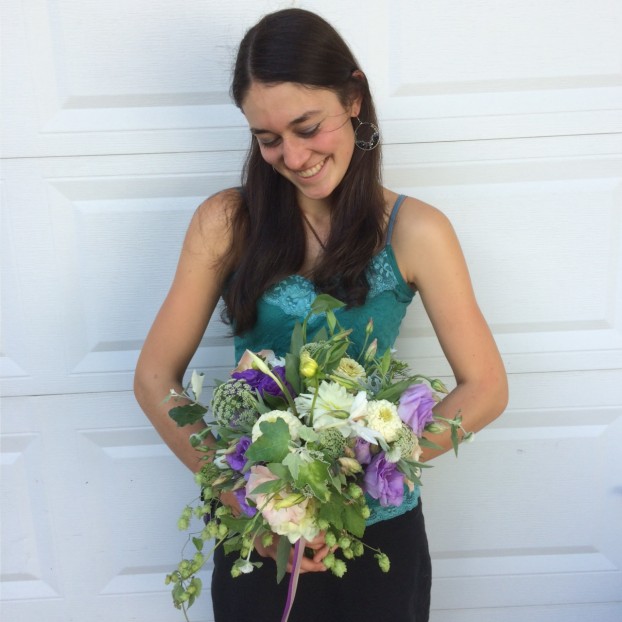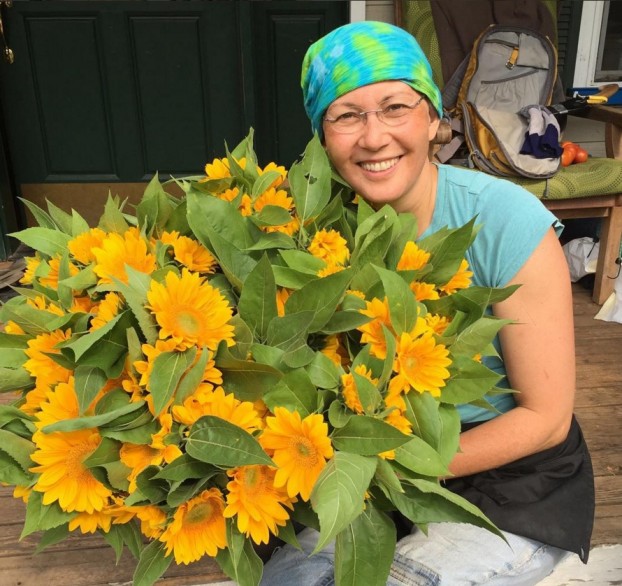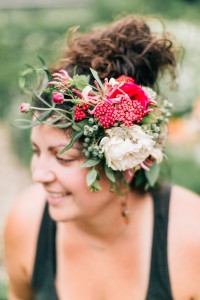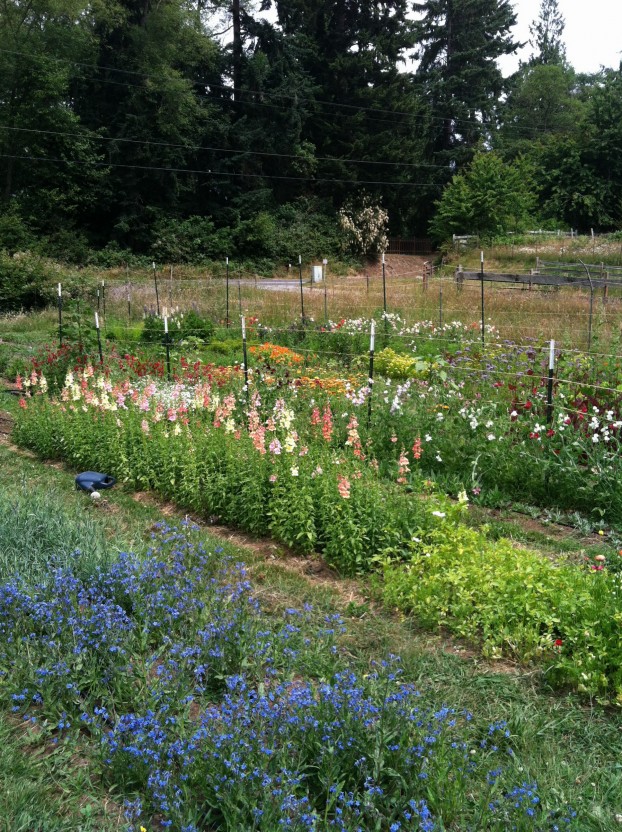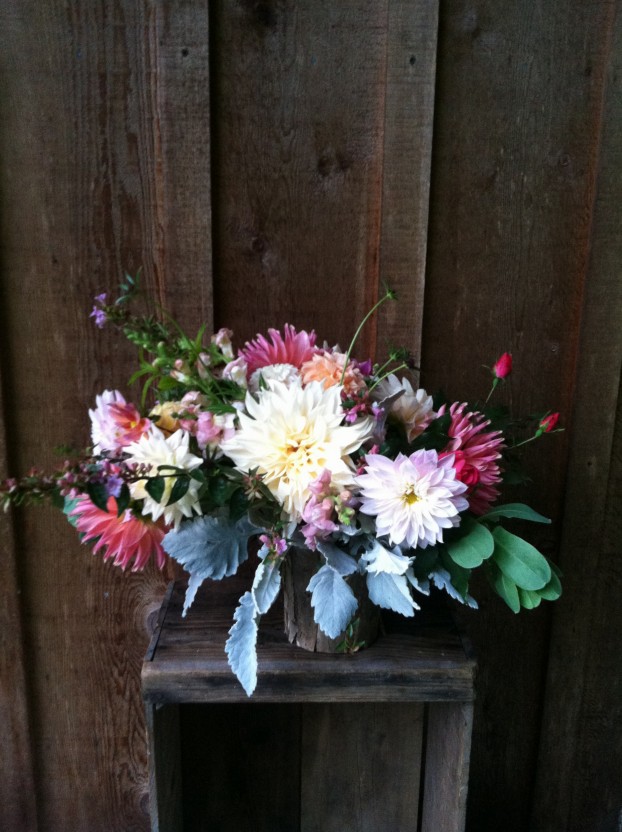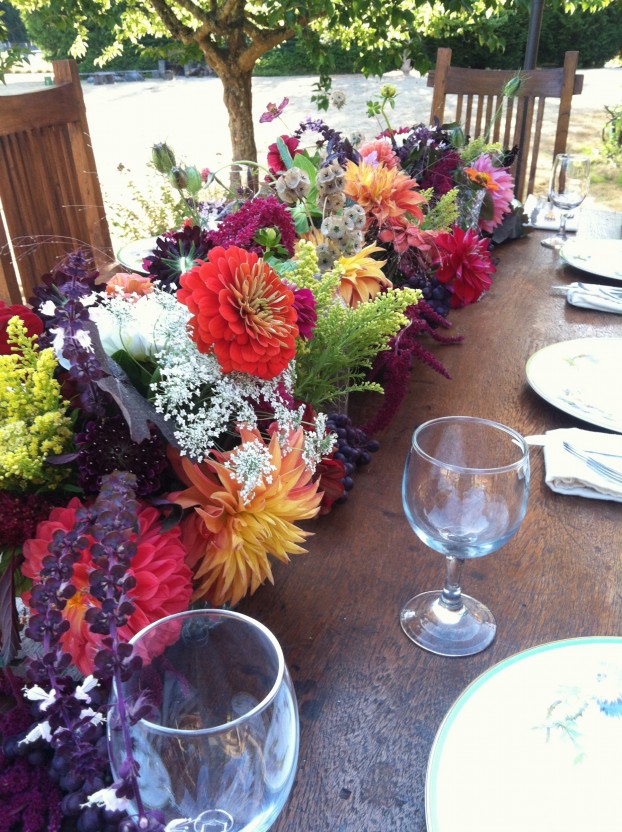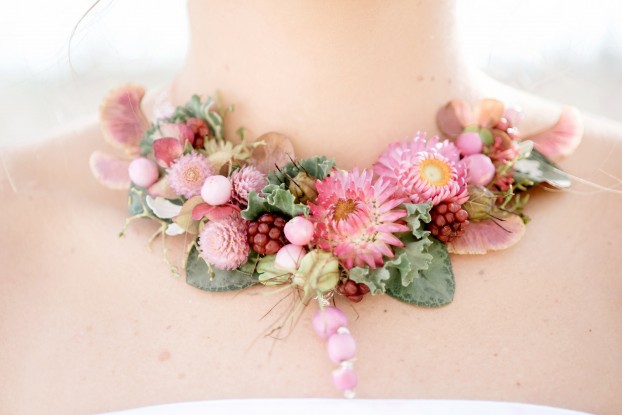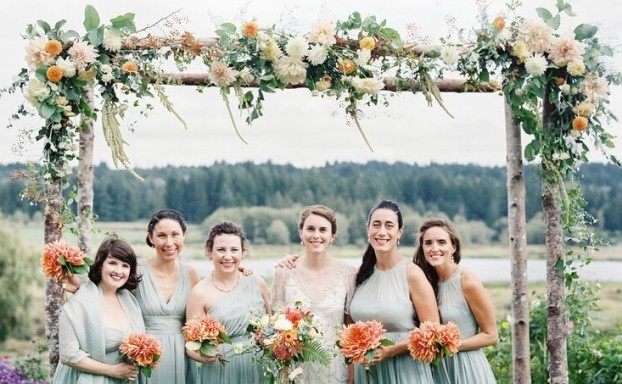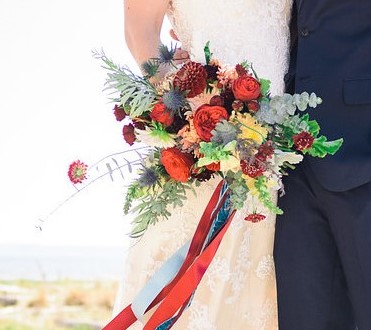Podcast: Play in new window | Download
Subscribe: Apple Podcasts | Podcast Index | RSS | More
Today’s I’m excited to visit with two Slow Flowers members who have just opened new floral retail businesses.
This pivot to retail floristry that I’ve been documenting over the past 12 months continues and I think you’ll find today’s conversations entirely fascinating and enlightening.
One year ago, when I released the 2017 Slow Flowers Floral Insights & Industry Forecast, I declared the retail embrace a phenomenon of studio florists moving toward brick and mortar channels.
For 2018, I’ve added flower farmers jumping into the retail arena.
As I reported last year, If you rely only on mainstream financial analysis or census data for your intel, then the landscape for brick-and-mortar flower shops has appeared unpromising.
According to the November 2016 Dunn & Bradstreet industry report, the U.S. has about 14,000 floral establishments (single-location companies and units of multi-location companies) with combined annual revenue of about $5.5 billion. Flower shops had declined by about 40% since 2000. Dunn and Bradstreet cited a Society of American Florists prediction that the number of retail florists in the US is expected to continue to drop, although the pace is slowing gradually.
Yet we’re tracking Slow Flowers members who are opening brick-and-mortar flowers shops across North America. Today’s guests will add their personal journeys to the compendium of stories about independent and progressive florists (and flower farmers) who are signing leases and opening retail spaces in the same markets that have witnessed mainstream mom-and-pop floral storefronts being shuttered.
First, you’ll hear from Lisa Waud of pot + box who has just opened a new retail space in a historic building in downtown Detroit. Then you’ll hear from Melissa Brown of Flying Bear Farm on Whidbey Island, north of Seattle, who just opened a retail shop in nearby Langley, Washington, with her partner and husband Benjamin Corteau.
Be ready to take notes and get inspired. Retail isn’t for everyone, of course. But if you’re looking for inspiration, insights and straight talk about making retail work for you and your business, I think you’ll find it here.
Here’s more about Lisa Waud:
pot & box founder Lisa Waud has been enthusiastically steering the company’s horticultural goings-on since its founding more than ten years ago. She’s been arranging flowers in the soil and in the vase for 21 years now—from the volcanic slopes of Hawaii, the clay garden beds of the Pacific Northwest and across the great [lakes] state of Michigan.
In Lisa’s words: “I love to work with flowers blooming now and nearby, celebrating the richest hues, most fragrant blooms, the abundance of seasonality. I thrive on the uncommon and unexpected, applauding a determined weed growing out of a brick wall, the unusual variegation pattern on a peony’s petal, a tattooed bride’s arms cradling a delicate bouquet. I excel when tasked with realizing the visions of my clients, arranging stems to suit the celebration, bringing event decor ideas to life, striving for the breathtaking gasp of elation.”
Lisa lives in Detroit, and when she’s not playing with flowers, you can find her scheming up field trips with her dogs or planning explorations in other inspirational cities. As listeners may recall from past episodes of this podcast, Lisa is also the creator of Flower House, a floral art installation in 2015, and the producer of the 2016 Detroit Flower Week.
Find pot + box at these social places:
pot + box’s VLNTNSDYMRKT event on February 10th.
Michigan Flower Growers Cooperative
Listen to Lisa’s first interview on the Slow Flowers Podcast, February 2015
Listen to Lisa’s Flower House Detroit preview interview on the Slow Flowers Podcast, September 2015
Melissa Brown, also a past guest of this podcast, and her husband Ben are farmer florists who often draw on the talents of Melissa’s parents Molly & David Brown.
After several very successful seasons growing flowers and designing for wedding clients, the time came this past fall to enter retail. Flower farmers listening will want to hear what led to this decision and how Melissa hopes to strike a good balance between growing, designing and selling Flying Bear Farm’s flowers.
Find Flying Bear Farm at these social places:
Listen to Melissa’s first interview on the Slow Flowers Podcast, December 2015
The Slow Flowers Podcast has been downloaded more than 277,000 times by listeners like you. Thank you for downloading, listening, commenting and sharing — it means so much.
As the Slow Flowers Movement gains more supporters and more passionate participants who believe in the importance of the American cut flower industry, the momentum is contagious. I know you feel it, too. I value your support and invite you to show your thanks and with a donation to support my ongoing advocacy, education and outreach activities. You can find the donate button at debraprinzing.com in the right column.
Thank you to our sponsors who have supported Slow Flowers and all of our programs including this podcast, American Flowers Week, the Slowflowers.com online directory to American grown flowers, as well as our new channels, Slow Flowers Journal and the 2018 Slow Flowers Summit.
And thank you to our lead sponsor for 2018, Florists’ Review magazine. I’m delighted to serve as Contributing Editor for the new monthly Slow Flowers Journal section, which you can find in the pages of Florists’ Review. It’s the leading trade magazine in the floral industry and the only independent periodical for the retail, wholesale and supplier market. Take advantage of the special subscription offer for members of the Slow Flowers Community.
Certified American Grown Flowers. The Certified American-Grown program and label provide a guarantee for designers and consumers on the source of their flowers. Take pride in your flowers and buy with confidence, ask for Certified American Grown Flowers. To learn more visit americangrownflowers.org.
Arctic Alaska Peonies, a cooperative of 50 family farms in the heart of Alaska providing high quality, American Grown peony flowers during the months of July and August. Visit them today at arcticalaskapeonies.com
Seattle Wholesale Growers Market, a farmer-owned cooperative committed to providing the very best the Pacific Northwest has to offer in cut flowers, foliage and plants. The Growers Market’s mission is to foster a vibrant marketplace that sustains local flower farms and provides top-quality products and service to the local floral industry. Find them at seattlewholesalegrowersmarket.com
Longfield Gardens provides home gardeners with high quality flower bulbs and perennials. Their online store offers plants for every region and every season, from tulips and daffodils to dahlias, caladiums and amaryllis. Visit them at longfield-gardens.com.
Syndicate Sales, an American manufacturer of vases and accessories for the professional florist. Look for the American Flag Icon to find Syndicate’s USA-made products and join the Syndicate Stars loyalty program at syndicatesales.com.
Johnny’s Selected Seeds, an employee-owned company that provides our industry the best flower, herb and vegetable seeds — supplied to farms large and small and even backyard cutting gardens like mine. Check them out at johnnysseeds.com.
Association of Specialty Cut Flower Growers. Formed in 1988, ASCFG was created to educate, unite, and support commercial cut flower growers. It mission is to help growers produce high-quality floral material, and to foster and promote the local availability of that product. Learn more at ascfg.org
I’m Debra Prinzing, host and producer of the Slow Flowers Podcast. Next week, you’re invited to join me in putting more American grown flowers on the table, one vase at a time. And If you like what you hear, please consider logging onto Itunes and posting a listener review.
The content and opinions expressed here are either mine alone or those of my guests alone, independent of any podcast sponsor or other person, company or organization.
The Slow Flowers Podcast is engineered and edited by Andrew Brenlan. Learn more about his work at soundbodymovement.com.









